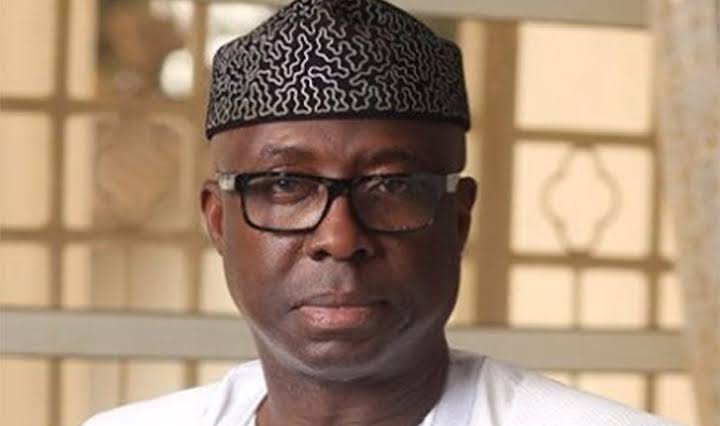The Minister of Industry, Trade and Investment, Otunba Adeniyi Adebayo has solicited Foreign Direct Investment in the development of Special Economic Zones (SEZ) in the country.
In his address at the Nigerian in Diaspora Commission (NiDCOM) virtual lecture on Friday, Adebayo urged Nigerians to take advantage of the investment opportunities in SEZ to help put the nation’s economy in good shape.
The economic zones, according to the Minister, are located in Lekki, Enyimba, Funtua, Ibom, Calabar, Bauchi, Kwara, Kano, Benue, Gombe and Ekiti.
In a statement by his Special Assitant on Media, Ifedayo Sayo, he listed other investment opportunities to include cotton, textiles and garment industry, and backward integration programme to expand local production of sugar, cassava and oil palm processing.
READ ALSO :Germany Marks 75th Anniversary Of Nuremberg Trials
The minister also disclosed that the are opportunities for investment in the automotive industry as the country is seeking to catalyse the local assembly of at least 400,000 vehicles per annum.
On Agro-processing, he said, opportunities also existed in the area of agro-processing.
“This is a major lever for promoting wealth creation for a majority of our workforce who are farmers.
“This ministry has accelerated plans to establish at least one agro-processing zone in each senatorial district in Nigeria,” he said.
He stressed the impact of COVID-19 on economic activities across the world, adding that for Nigeria, the pandemic came on the heels of the collapse of international oil prices which, along with the necessary lock-down, further hampered the economic situation of the country.
Speaking further on the effect of the pandemic, he said it led to a significant disruption of supply chain, production and trade activities as factories and plants were closed.
“Commercial activities and movement of goods and services within the country were severely constrained; culminating in job losses and downsizing by various businesses; which may affect their Investment and encourage capital flight if not addressed critically.
“Also, this impact has been significantly felt across various sectors such as the Agribusiness, healthcare, manufacturing, Entertainment, tourism and hospitality, transportation and retail sectors amongst others.
“Of course, individuals, households, Micro, Small and Medium Enterprises (MSMEs) and large corporations have not been spared from the effect of the crisis.” he said.
He explained that the Federal Government through the Economic Sustainability Committee (ESC) launched Economic Sustainability Plan (ESP) in efforts to actualize a holistic recovery of the economy in March 2020 after the dampening effects of COVID-19.
The Minister said the ESP was aimed at spurring economic growth and minimise the resulting cases of business failures, job losses and increased poverty.
According to him, this government recognizes FDI, especially inflows from Diaspora Nigerians, as a key driver in achieving this recovery growth plan.
“This is because according to the Central Bank of Nigeria, Nigeria hit $17.57 billion in direct remittance inflows from overseas in 2019, hence we are looking to leverage this summit to encourage more capital inflow as we affirm our commitment to improving ease of doing business.
“The Presidential Enabling Business Environment Council (PEBEC) is implementing a strategic work plan aimed at improving the business environment and attaining a Doing Business Ranking of Top 90 by 2021, Top 80 by 2022 and Top 70 by 2023.
“We have also commenced the implementation of the Fifth National Action Plan (NAP 5.0). NAP 5.0 is a 60-day window for the implementation of business climate reforms by Kano and Lagos States, as well as ministries, departments and agencies.
“This includes the recently enacted Companies Allied Matters Act (CAMA),” he said.
The lecture has its theme as”Post-COVID-19 Economic Resurgence: Targeting Diaspora Investment,”.



Leave a Reply